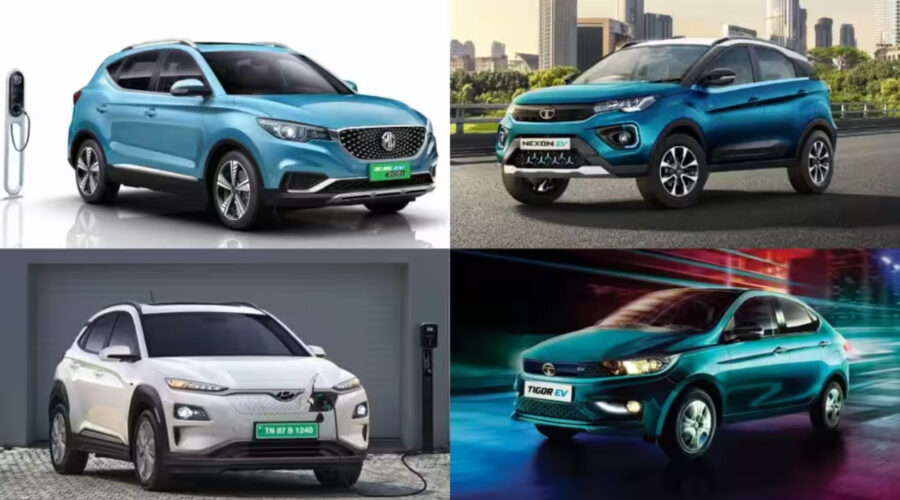As anticipation builds for the unveiling of India’s new Electric Vehicle (EV) policy, companies across the nation are gearing up to seize the opportunities it brings.
The forthcoming guidelines are expected to provide a significant boost to the EV sector, fostering innovation, investment, and localization efforts.
Policy Overview: Incentives and Mandates
The new EV policy aims to incentivize domestic production and localization by offering reduced customs duties on limited car imports. Key highlights of the policy framework include:
- Localization Mandate: Companies venturing into EV manufacturing must commit to setting up facilities within three years and achieving a localization threshold of 50% within five years.
- Minimum Investment Requirement: A minimum investment of ₹4,150 crore ($500 million) is mandated for initiating commercial production in India.
Alignment with PLI Scheme
The EV policy aligns with the Production Linked Incentive (PLI) Scheme for the Automotive Sector, launched in September 2021. The PLI scheme has already attracted significant investor interest, surpassing initial investment estimates. According to estimates, the scheme has garnered a proposed investment of INR 74,850 Cr ($ 9 Bln) against a target estimate of INR 42,500 Cr ($ 5.1 Bln) over five years.

Industry Perspectives
Founders and investors from prominent companies share their insights on the potential impact of the EV policy:
Revfin’s Perspective
Mr. Sameer Agarwal, CEO & Founder of Revfin, expresses optimism about the upcoming EV policy guidelines, highlighting the opportunity it presents for the entire EV ecosystem to transition from sidelines to mainstream. He emphasizes the policy’s potential to expand capacities in brownfield facilities and enhance capabilities, thereby advancing the ‘Make – in – India’ mission.
ARENQ’s Outlook
Mr. V.G Anil, CEO of ARENQ, underscores the pivotal role of EV policy guidelines in shaping the future of sustainable mobility. He emphasizes the importance of prioritizing technological innovation, promoting research and development initiatives, and fostering a supportive ecosystem for the growth of the EV batteries industry.
Green Frontier Capital’s Viewpoint
Mr. Karan Mehta, Venture Principal at Green Frontier Capital, lauds India’s efforts in promoting green policies, citing the new EV policy as a significant step towards cleaner mobility solutions. He predicts that the investment thresholds associated with the policy will attract new companies and create new green jobs in India, further bolstering the country’s position as a manufacturing powerhouse in the electric mobility segment.

Driving Towards a Greener Future
In conclusion, India’s EV policy holds immense potential to reshape the automotive industry landscape. With a focus on localization, investment, and technological advancement, the policy sets the stage for India to emerge as a global leader in electric mobility.
